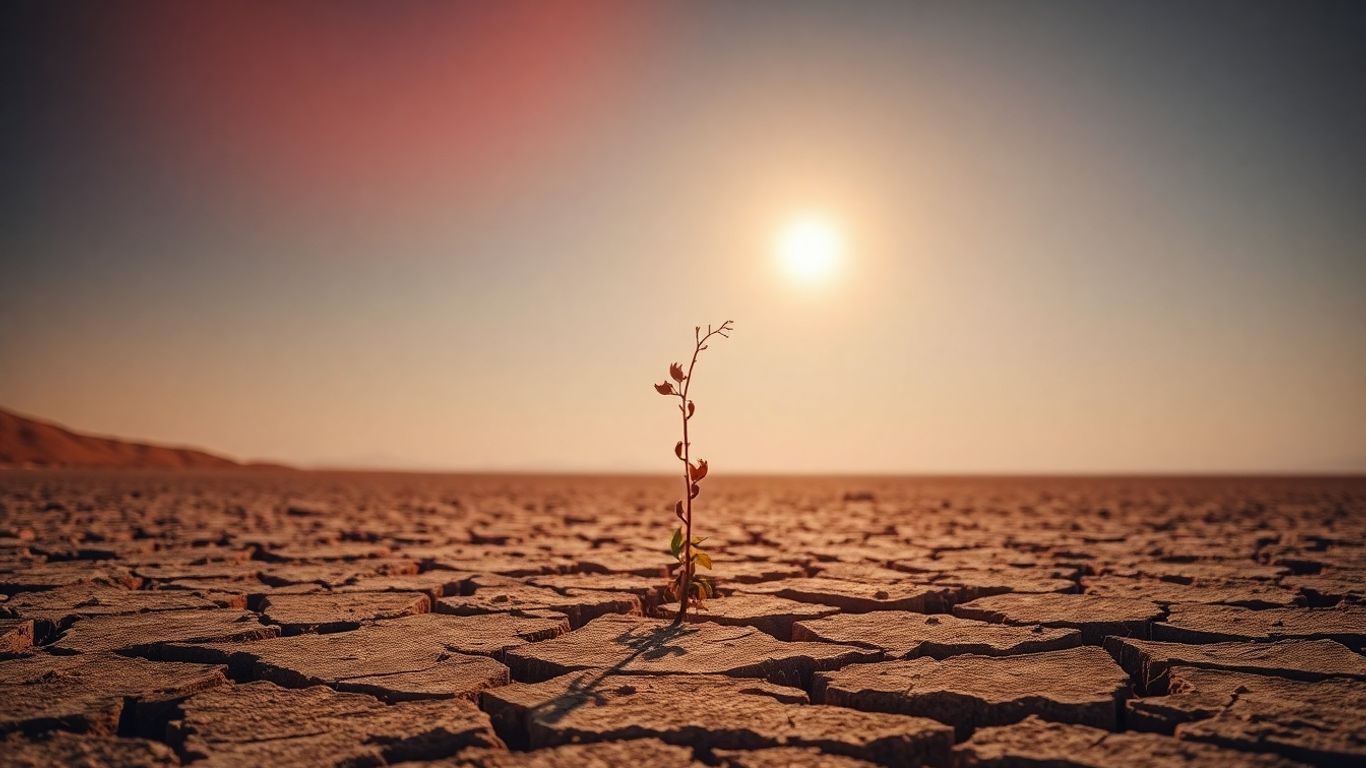The Balkan region is currently experiencing an intense early summer heatwave, with temperatures soaring and breaking historical records. Authorities are issuing urgent health advisories, urging residents to take precautions against dehydration and heatstroke. The prolonged high temperatures are also raising concerns about potential impacts on agriculture.
Key Takeaways
- Record-breaking temperatures are affecting the entire Balkan region.
- Health authorities are advising residents to stay hydrated and seek shade.
- Concerns are mounting over the potential impact of drought on harvests.
- Tourists and locals are seeking cooler locations, such as mountains and lakes.
Record Temperatures Grip The Balkans
Meteorologists in Serbia have reported that the previous day was the hottest since measurements began in the 19th century, with forecasts indicating even higher temperatures in the coming days. Across the region, temperatures are expected to reach as high as 40 degrees Celsius (104 degrees Fahrenheit) in the next week.
Health And Safety Advisories
Serbian officials are strongly advising citizens to remain in shaded or air-conditioned environments and to avoid direct sun exposure between 11 a.m. and 5 p.m. The primary concern is to prevent dehydration and heat-related illnesses, particularly among vulnerable populations.
Seeking Refuge From The Heat
The extreme heat is prompting people to seek relief in cooler areas. In Montenegro, many tourists have left the hot Adriatic coast for the mountainous Durmitor resort, where temperatures are significantly lower. Similarly, in Croatia, residents and visitors are finding respite at lakes like Bundek Lake near Zagreb. Even in North Macedonia, popular spots like Lake Ohrid are drawing crowds looking to cool off in the water.
Agricultural Concerns
Beyond the immediate health risks, the persistent heatwave and the accompanying drought are beginning to pose a threat to agricultural yields. Farmers are worried about the impact on crops as the dry conditions continue.






